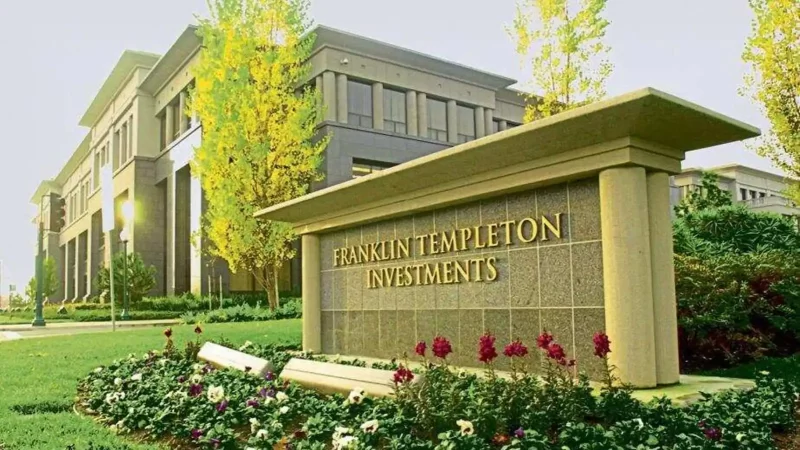Franklin Templeton has filed for a new multi-asset crypto exchange-traded fund (ETF) with the U.S. Securities and Exchange Commission (SEC), aiming to provide investors exposure to Bitcoin and Ethereum in a single fund. The move comes amid a surge in crypto ETF applications following the inauguration of President Donald Trump.
Franklin Crypto Index ETF: A Multi-Asset Crypto Fund
If approved, the Franklin Crypto Index ETF will trade on the Cboe BZX Exchange and track the spot prices of Bitcoin (BTC) and Ethereum (ETH), weighted by their respective market capitalizations. According to the February 6 filing, as of the submission date, the fund’s allocation was approximately 86.31% BTC and 13.69% ETH.
The ETF will undergo quarterly rebalancing and reconstitution in March, June, September, and December to reflect market changes.
Potential for More Crypto Assets in the Future
Franklin Templeton’s filing also leaves the door open for additional cryptocurrencies to be included in the future. However, it notes that any expansion would require regulatory approval for both the fund and the Cboe BZX Exchange. The firm acknowledged that there is no guarantee that assets beyond Bitcoin and Ethereum will receive approval.
Follows Bitwise’s Recent ETF Filing
Franklin Templeton’s filing comes just one week after Bitwise submitted an application for a similar fund, the “Bitwise Bitcoin and Ethereum ETF,” on January 31. The trend suggests increasing interest from institutional investors in diversified crypto investment products.
Regulatory Landscape Shifting Post-Trump Inauguration
The wave of new ETF applications follows major leadership changes at the SEC, including the resignation of former SEC Chair Gary Gensler on January 20. The current acting SEC Chair, Mark Uyeda, is seen as more crypto-friendly and recently appointed a policy director from the crypto advocacy group Coin Center to the SEC’s Crypto Task Force.
If approved, Franklin Templeton’s Crypto Index ETF could provide mainstream investors with a regulated, diversified entry point into digital assets, further strengthening institutional adoption.
